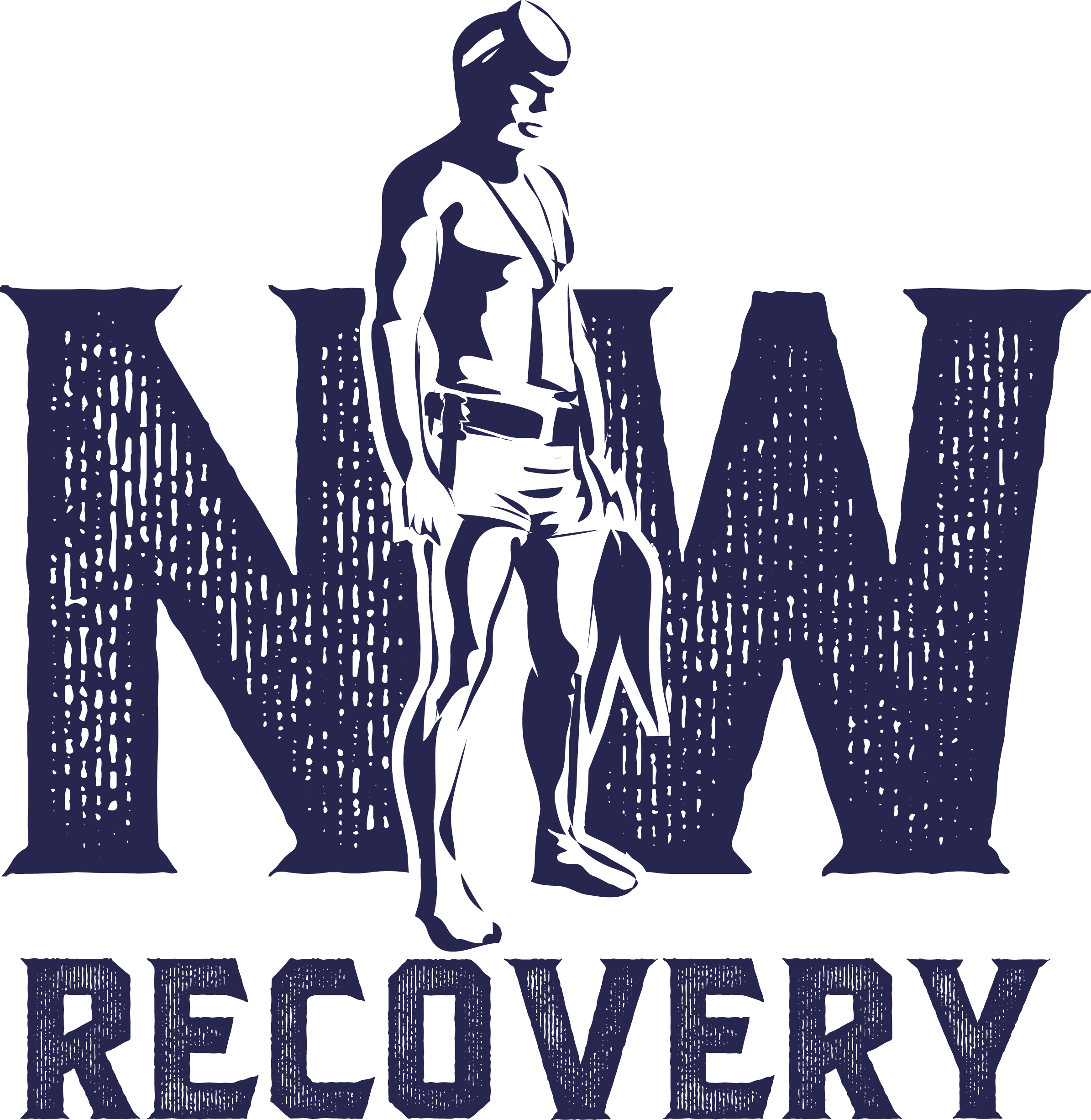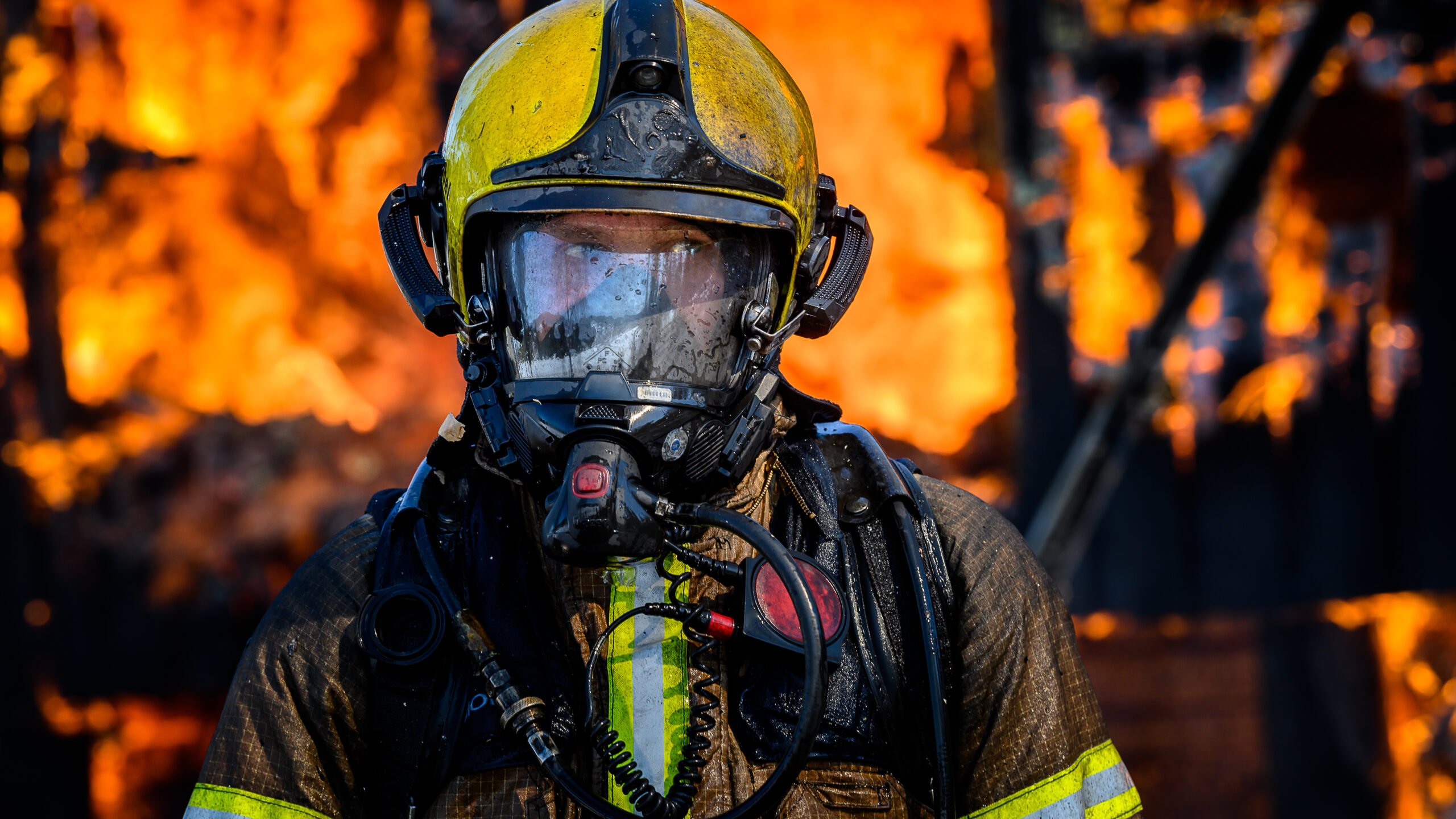First responders and veterans operate under intense pressures that most people never experience. Whether responding to emergencies or serving on the frontlines, the physical and mental demands placed on them are profound. Recovery, often overlooked in these professions, is not just important—it’s essential. It’s the key to ensuring long-term well-being, allowing these individuals to continue their vital roles effectively while maintaining their health.
The Physical Demands of Service
Veterans and first responders are no strangers to physical challenges. Firefighters, EMTs, police officers, and military personnel often endure grueling physical exertion. These tasks require stamina, strength, and endurance, which can take a significant toll on the body over time. From long hours on their feet to lifting heavy equipment, responding to emergencies in harsh conditions, or enduring combat situations, their bodies are often pushed to the limit.
This physical strain doesn’t just result in short-term fatigue. Over time, without proper recovery, it can lead to chronic pain, musculoskeletal injuries, and more serious conditions like heart disease. Sleep deprivation, common among both veterans and first responders, can further exacerbate physical wear and tear, leading to decreased performance and a greater risk of injury.
Recovery isn’t just about resting the body—it’s about creating a sustainable approach to physical health. Stretching, proper nutrition, hydration, and quality sleep all play vital roles in helping first responders and veterans repair their bodies after demanding shifts or deployments. By prioritizing these elements, they can enhance physical resilience, reduce the risk of injury, and increase longevity in their careers.
The Mental Strain of the Job
The mental and emotional strain faced by veterans and first responders is just as significant as the physical demands. Witnessing traumatic events, whether on the battlefield or in daily emergency situations, can leave lasting emotional scars. Many veterans and first responders experience high levels of stress and anxiety, compounded by the intense nature of their work environments.
In their professions, stress is a constant companion. For first responders, it may stem from the unpredictability of emergency calls, the need to make split-second life-or-death decisions, or the responsibility of ensuring the safety of others. For veterans, it may come from the intense environments of war zones or the difficulties of transitioning back into civilian life after service.
Without mental recovery, these pressures can compound, leading to burnout, depression, and other serious mental health challenges. Mental recovery involves more than just a temporary break from work. It means creating space for emotional healing through counseling, peer support, mindfulness practices, and mental health programs specifically designed for those who serve.
Engaging in activities that foster mental recovery can help veterans and first responders develop healthier coping mechanisms, reduce the long-term impact of trauma, and enhance overall mental resilience.
Recovery as a Lifeline to Longevity
The demands placed on veterans and first responders make recovery non-negotiable. Proper recovery isn’t a luxury—it’s a lifeline. By taking proactive steps to recover both mentally and physically, these individuals can not only improve their own well-being but also continue to perform their jobs effectively.
Implementing recovery strategies can help prevent the common burnout seen in these professions, where the relentless demands eventually cause individuals to break down physically, mentally, or emotionally. This not only has personal consequences but also affects the communities that rely on them. Supporting the recovery of first responders and veterans ultimately means providing them with the tools they need to keep serving at their best.
For those who dedicate their lives to serving others, the greatest act of service they can give themselves is the commitment to recovery. In doing so, they can sustain their strength, maintain their mental health, and continue answering the call—whether on the frontlines or in the field—without sacrificing their own well-being in the process.






